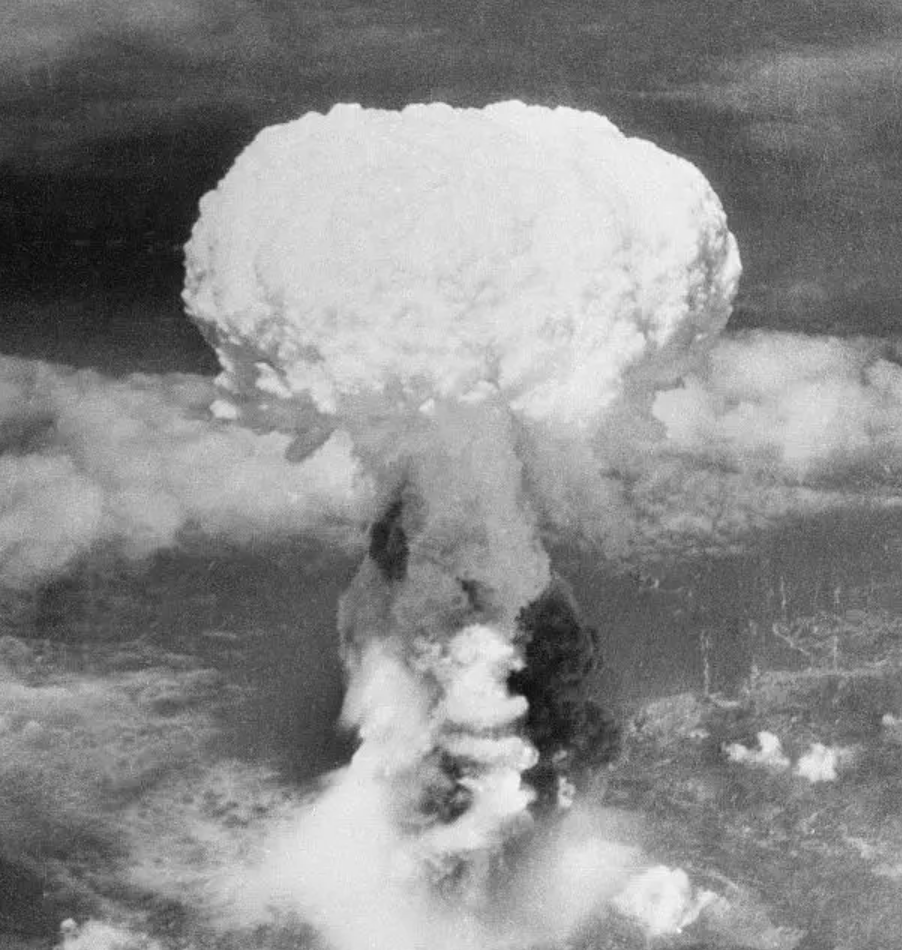Faced with these weapons of mass destruction, the question arises as to whether they represent a threat to humanity or a means of maintaining peace.
Since their discovery and use during World War II, nuclear weapons have left an indelible mark on modern world history. Nuclear weapons are a means of mass destruction officially held by the five permanent members of the UN Security Council: France, the United Kingdom, the United States of America, China and Russia. In addition to these countries, North Korea also has nuclear weapons, although it is not allowed to have them. Lastly, Israel, India and Pakistan also hold nuclear weapons, but are in a gray area in terms of international legality.
Nuclear-free zones are areas of the world where states have made a permanent commitment not to develop, acquire, test or possess nuclear weapons. Today, this confidence-building measure concerns Latin America and the Caribbean, the South Pacific, Southeast Asia, Africa and Central Asia, within the framework of arms control. Although nuclear weapons have immense destructive power, they are also used to maintain peace. It is therefore crucial for countries that possess these weapons to control them and demonstrate confidence, knowing that any use could trigger a chain reaction.
Who created the nuclear bomb?
First of all, the first atomic bomb was developed by the United States as part of the Manhattan Project. This is led by General Leslie Groves and physicist J. Robert Oppenheimer. It was officially launched in January 1943 and brought together the nation’s best scientists and engineers to create a nuclear weapon. The work is carried out in the greatest secrecy under the leadership of the American government, which provides funding. The goal of this project is to develop the first nuclear weapon capable of ending a war by deploying unprecedented destructive force. Between 1941 and 1942, scientific advances validated the possibility of theoretically creating a fission bomb. This research led to the “official” creation of the Manhattan Project by the American government in January 1943, marking the transition from theoretical research to implementation. The project scientists succeeded in developing the first atomic bomb in July 1945.
Secondly, what followed was the wish of the newly elected president, Harry Truman, for a rapid and unconditional capitulation of Japan, in order to limit the damage, on the American side, of a perilous intervention on Japanese soil. Truman then poses an ultimatum to the Japanese: either unconditional surrender or the use of atomic weapons. The Japanese refuse to surrender.
Finally, we all know what happened next. In total, the bombs dropped on Hiroshima then Nagasaki killed nearly 210,000 men, women and children. The use of such weapons marked a turning point in the way of waging war. The atomic bombings of Hiroshima and Nagasaki were the first and only in human history, they also played a decisive role in the end of the war.
But where are we in 2024, 81 years after the start of the Manhattan Project?
In February 2022, three days after the start of the invasion of Ukraine, Russian President Vladimir Putin threatened to use nuclear weapons, thus reigniting an almost forgotten debate.
Nuclear weapons have the power to destroy entire cities in moments and cause immeasurable loss of life. Their destructive potential is so immense that they are often considered one of the greatest threats to humanity. Yet some argue that nuclear weapons have also played a role in maintaining world peace. The doctrine of nuclear deterrence is based on the idea that the possession of nuclear weapons deters other countries from launching an attack, for fear of devastating retaliation. Thus, some believe that nuclear weapons have helped prevent major wars between great powers since the end of World War II.
However, it is important to note that stability based on nuclear deterrence is fragile and the risk of an accidental or intentional nuclear catastrophe always remains present. Furthermore, the possession of nuclear weapons fuels an arms race that can lead to dangerous escalation. Ultimately, it is difficult to say whether nuclear weapons have a positive or negative effect on world peace.
The Outrider Foundation, which campaigns against the nuclear threat, has put a simulator online which allows you to get an idea of the area affected by a nuclear bomb depending on its power.
What is clear is that the international community must continue to work to reduce and eliminate these weapons of mass destruction to ensure a secure and peaceful future for all, even in 2024.
What are the expectations and challenges?
International efforts to prevent nuclear proliferation and promote disarmament remain essential, but face persistent challenges such as geopolitical tensions, regional rivalries and rapid technological progress. Arms control agreements, such as the Strategic Arms Reduction Treaty (START) and the Treaty on the Non-Proliferation of Nuclear Weapons (NPT), are at the heart of global efforts. These aim to prevent the proliferation of nuclear weapons and promote cooperation for their peaceful use of nuclear energy, to advance the goal of nuclear disarmament and general and complete disarmament.
No doubt nuclear weapons will remain only a weapon of deterrence, but they still tend to put the lives of millions of people at risk every second. Its power exceeds the leaders of today and the leaders of tomorrow. Ultimately, the question of nuclear weapons in 2024 remains a major challenge for international security, requiring enhanced international cooperation and continued vigilance to prevent a nuclear catastrophe.










